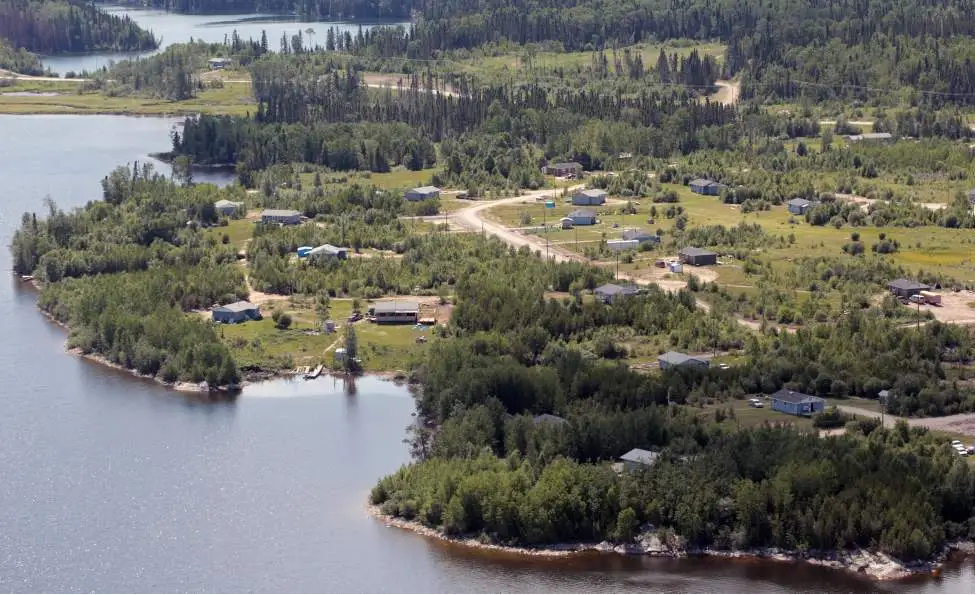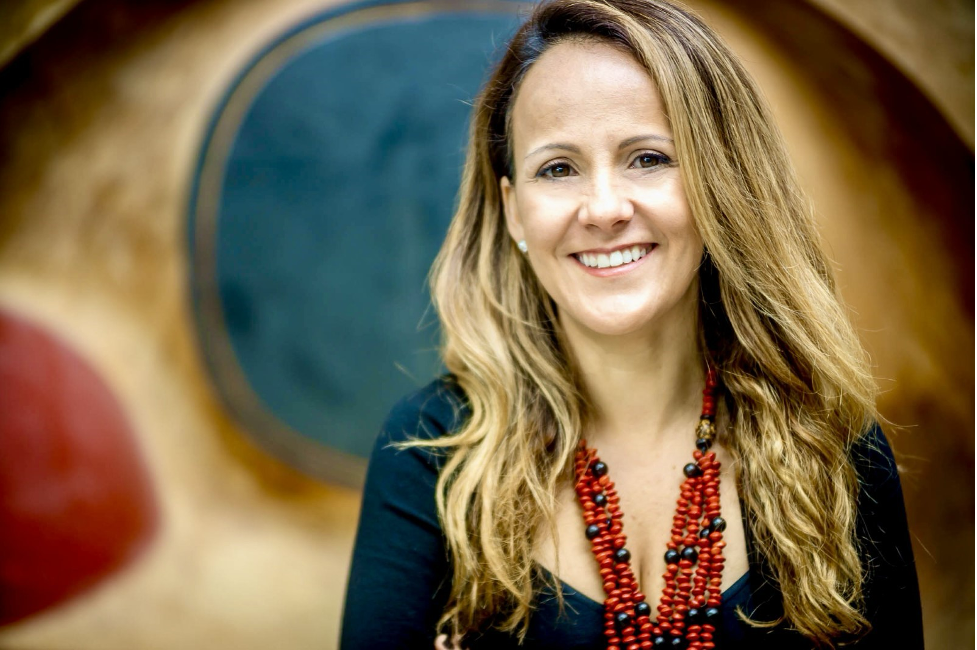May 21, 2024
Indigenous-led care program offers holistic approach to mental health

A new program aims to address the disparity between Euro-centric mental health services and Indigenous Peoples’ holistic outlook on well-being.
Dr. Elisa Lacerda-Vandenborn, PhD, an assistant professor at the Werklund School of Education at the University of Calgary, is undertaking a research project that uses an Indigenous-led model of mental health and wellness, the Trauma Informed Care and Practices Program (TICPP), and is adapting it to children and youth in Indigenous communities.
Anishinaabe Knowledge Keeper and mental health advocate Derek Courchene (of the Eagle Clan; his mother’s clan is Bear), from Sagkeeng First Nation in Manitoba, created TICPP as a community capacity-building program, led through an Indigenous outlook to address issues that impact wellness. Courchene has an MSW in Indigenous trauma and resilience and a Master's Certificate in Adult Training and Development.
While the program has been successful for adults, its impact on youth has not yet been studied, so Courchene and Lacerda-Vandenborn will team up this summer to learn from youth and those who support them in several systems (e.g., schools, health centres, community events) in two Manitoba First Nations communities: Saint Theresa Point and Pine Creek.

Saint Theresa Point First Nations Community in Manitoba.

Derek Courchene
“In community, we are still seeing that children and youth are bearing the brunt of mental health, and we are trying to find ways that really align with Indigenous ways of being, Indigenous ways of healing, working from a strength-based perspective and from a capacity-building perspective,” says Lacerda-Vandenborn.
TICPP works alongside communities to tailor its care to the needs of the people. The program addresses topics such as the history of colonization and assimilation, individual and collective healing, and more. Program mentors learn about the needs of the community and share the care and practices of TICPP. Those who participate in the TICPP program then go on to become champions of wellness within the community and mentor other members.
“From a Euro-centric perspective, there is a tendency of locating trauma in individuals and trying to address things that, quote-unquote, are ‘broken,’” says Lacerda-Vandenborn.
“It is a program of really deconstructing all of the narratives of trauma that have been offered from a colonizing and from a Western lens and bringing it back to Indigenous ways of being and understanding wellness as a lifelong journey that you have alongside your families, alongside communities and alongside culture.”

Elisa Lacerda-Vandenborn
Carson Au
This project brings insight to how the Western mental health system could learn from the holistic approach that Indigenous communities take to health and well-being.
“The impact of this research goes from every individual child in these communities to their families, to the whole community, but also to all of Canada,” says Lacerda-Vandenborn. “We all have a responsibility towards decolonization. We all have a responsibility in the legacy of colonization. So, this is an opportunity for us to learn from Indigenous Peoples, Indigenous ways of healing and how to support, enact the vision of wellness that Indigenous communities have for themselves.”
Lacerda-Vandenborn has worked with Indigenous communities in Canada, Brazil and New Zealand. She is also the director of the Apoema Research Circle, an international interdisciplinary research group committed to community-led scholarship and social justice.
Thanks to ii' taa'poh'to'p, UCalgary’s Indigenous Strategy, the university has been a useful platform for her research.
“I think, with ii' taa'poh'to'p, we have a very strong strategic vision on how to enact this kind of research and these kinds of partnerships,” says Lacerda-Vandenborn. “So, it has been a space that we have found many different partners and allies to do this kind of project and to work with communities in a meaningful way.”
ii’ taa’poh’to’p, the University of Calgary’s Indigenous Strategy, is a commitment to deep evolutionary transformation by reimagining ways of knowing, doing, connecting and being. Walking parallel paths together, “in a good way,” UCalgary is moving toward genuine reconciliation and Indigenization.







